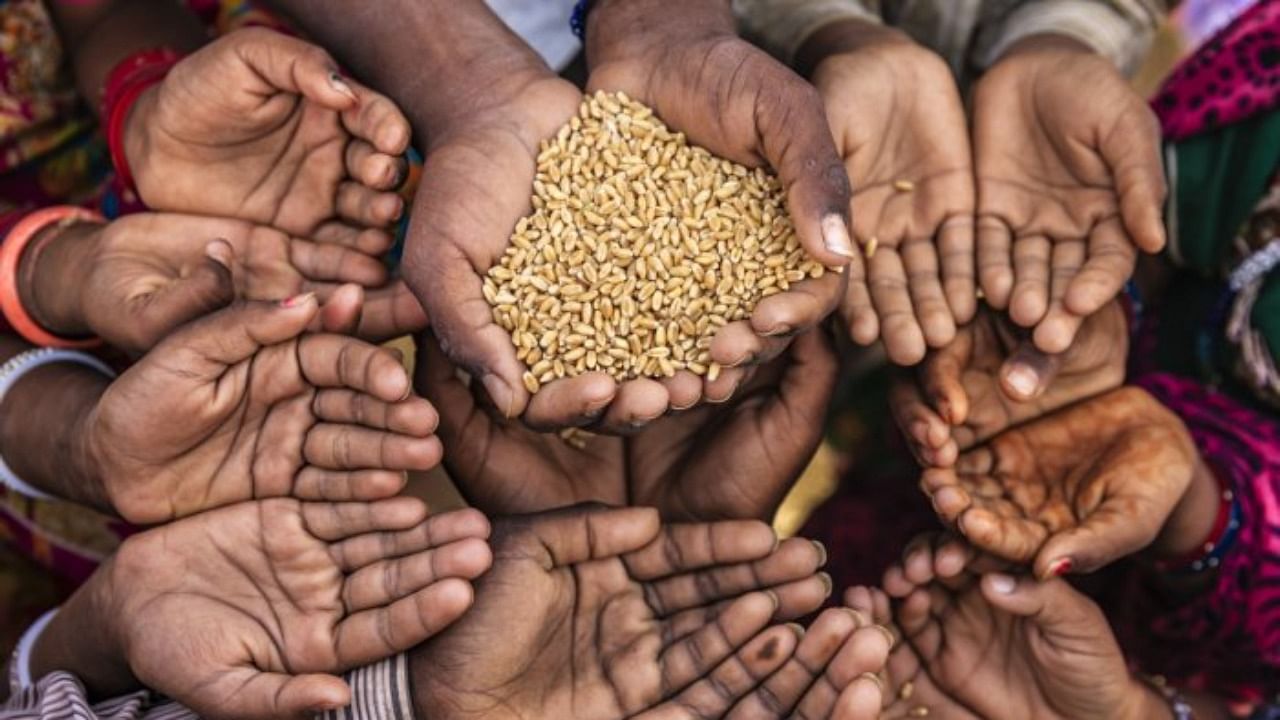
Vulnerabilities in the world's food supply system have been laid bare by the Covid-19 pandemic, making global leaders more aware that if not fixed they could mean famine and mass migration, the head of United Nations' World Food Programme said.
The crisis has disrupted supply chains across the globe, pushing 270 million people to the brink of starvation, David Beasley, the WFP's Executive Director, said at a virtual meeting of the World Economic Forum.
"If we don't receive the support and funds we need you will have mass famine, destabilization of nations and you will have mass migration and the cost of that is one thousand times more," Beasley said, adding there would be more Covid-type events.
Netherlands' Prime Minister Mark Rutte told the forum that the case for change was compelling.
"We are doing not enough on this issue but I will promise you that we will do more," he said, noting there would be a huge opportunity to create jobs as the threats posed by Covid-19, climate change and biodiversity collapse were tackled.
Beasley said when he had arrived at the WFP four years ago there were 80 million people close to starvation but even before the pandemic this spiked to 135 million due to challenges such as wars and climate change.
World leaders were now beginning address problems with the food system but there was a lot more to do, Beasley added.
"We literally had hundreds of millions of people on the brink of starvation and the media wasn't covering it but now people are beginning to wake up and step up."
Beasley said the food supply chain was not broken, with less than 10% of the global population in extreme poverty compared to 95% two hundred years ago, but it needed to be improved.
"If you think you had trouble getting toilet paper in New York because of supply chain disruption what do you think was happening in Chad, Niger, Mali and places like that."
The WFP, which was awarded the Nobel Peace Prize in 2020, no longer just supplies food but seeks to create more opportunities for smallholder farmers in developing nations, Beasley said.
He called on the private sector to work closely with smallholder farmers, not displacing them but rather integrating them strategically into supply chains.